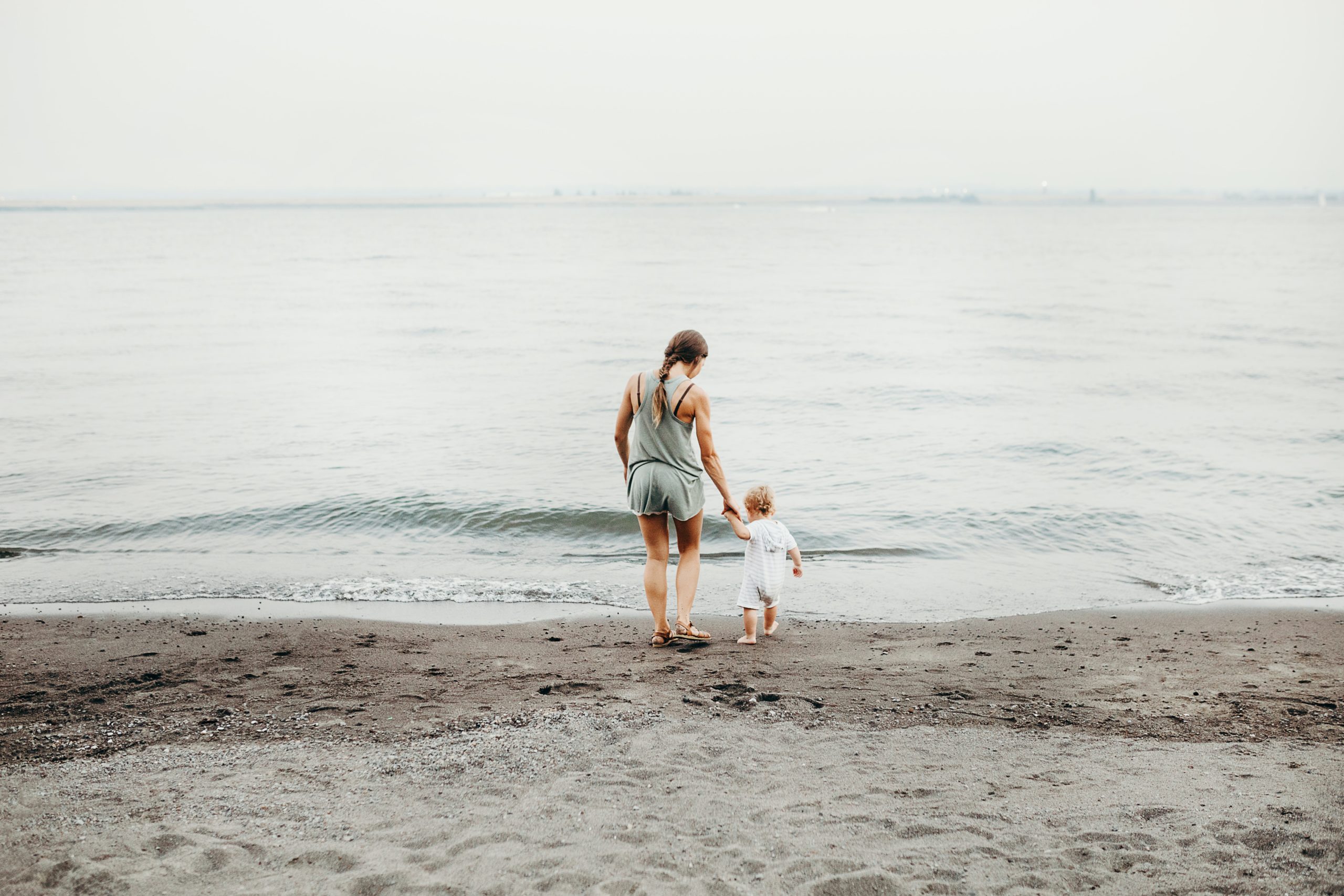I’m something of a political refugee—not at home in any party. To the Left, I’m a pitifully un-woke progressive poser from Trump country. To the Right, I’m a raging liberal in cahoots with Nancy Pelosi to destroy America. In reality, I’m just a mom trying to navigate the landscape of Arkansas politics in order to find that sweet spot where my children can live their lives in peace and freedom.
I’m a spiritual refugee too; I’m a Christian. To some this makes me an object of suspicion, for good reason I suppose. To some I’m a heretic because I inhabit the realm of uncertainty. Each side wants everything black or white but it’s not always that simple. To be a mom who follows Jesus means I can’t hoard peace and freedom, but try to treat others the way I want to be treated. What I want for my own children I want for all the little children of the world.
I would want and need the freedom to pray, study the science, talk to my family, talk to our doctor, and take whatever steps, one day at a time, that I felt were right for my child.
For that reason I’m an advocate for public schools. I want my kids to have access to a great education so I want that for all kids. Same goes for health care. Same goes for being able to find good jobs and raise their families at home in Arkansas. Wanting what’s good for all kids comes naturally in my job; I’m a teacher. I’ve practiced this mentality enough that there’s a rule I keep close to me when weighing hard decisions: there is no such thing as other people’s children. If I look at an issue using this lens, I nearly always find clarity.
I went to the legislature earlier this session to speak on behalf of rural public school kids. Other than that I’ve watched from afar as something like 600 bills have gone through the process. When all of the transgender bills were being discussed alongside March Madness, I combed twitter, trying to wrap my head around it all. This tweet caught my attention: “Arkansan with serious mixed emotions tonight. Wanting the Hogs to win so bad. But also feeling gutted that #arleg voted to impede my ability to make healthcare decisions for my child.”
The writer sounded so normal. So Razorback-ish. So mom-ish.
And so hurt.

I contacted her and she was willing to meet with me. We agreed on a coffee shop between our two towns. When she walked in I immediately recognized her—I’d seen her picture—but more than that I recognized myself in her. A busy mom on her phone, dashing into a meeting she probably didn’t have time for but made anyway because it was important. She was blonde, definitely more hip than me, a little younger. Her oldest child is a tween while my oldest two are out of high school. But we have kids near the same age, as well. Mine is 9, hers 8-years-old.
I’m not going to tell her whole story here. Hopefully she will be able to do that herself soon. What I want to say is, as we visited it became more and more apparent that this woman could have been me. She grew up in Arkansas, sang on the praise team in her Southern Baptist church, went to the U of A, and taught Children’s Church with her husband who was a process engineer. From the time her child was a toddler she could tell there was something different about them—choices in toys, clothes, other interests, the way they carried themself in the world. It wasn’t until recently that her child could articulate—and she understand–her child is a girl trapped in a boy’s body.

I’ve listened to many conversations about transgender people. A professor at my university 30 years ago presented as a man one year and a woman the next. I didn’t know the professor at all and so it was easy to think they were strange, and maybe mentally ill, which were the two options most insinuated around campus. Besides her, I’ve known one person who transitioned, a friend who had been abused as a child. The nature of the abuse, and horrific resulting trauma, made it easy to comprehend why this person would want to transition away from a forced role and toward who she had always been inside. I could imagine this even if I still didn’t understand.
It was easy to remain ignorant. To not understand, until it wasn’t.
Staring into the unflinching eyes of this mother forced me to see myself in her situation. What if this was my own child, and I knew, like a good mother does, that she was suffering? Would I believe my child if she told me that her insides didn’t match her outside? Would I admit what I could see was true in my heart of hearts? What would I do if I was in this situation?
Considering these questions through her eyes gave me a new perspective. I can’t say I know for sure exactly what I would do. But looking at the anti-transgender laws being passed in Arkansas through this lens—that there is no such thing as other people’s children—I can say without a doubt I would not want the government to tell me what to do. I would want and need the freedom to pray, study science, talk to my family, talk to our doctor, and take whatever steps, one day at a time, that I felt were right for my child.
The truth is, any mother or father in the Arkansas Legislature would also want and need that freedom if they were being honest. And so would you.
